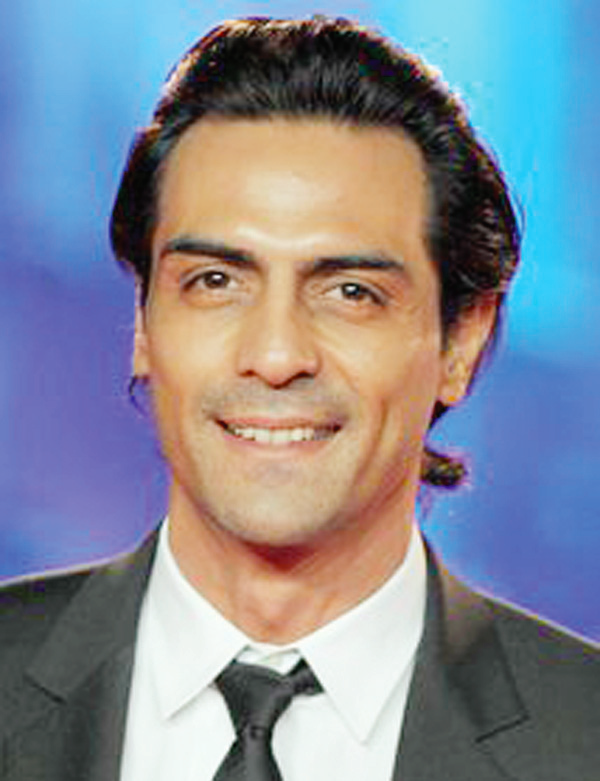
ISLAMABAD (TIP): Despite a bloody campaign marred by Taliban attacks, Pakistan was holding historic elections on Saturday pitting a former cricket star against a two-time prime minister once exiled by the army and an incumbent blamed for power blackouts and inflation. Polls opened on Saturday morning across the nation in what is a closely watched race to determine the fate of this nuclear-armed country crucial to stability in the region.
The vote marks the first time in Pakistan’s 65-year history that a civilian government has completed its full term and handed over power in democratic elections. Previous governments have been toppled by military coups or sacked by presidents allied with the powerful army. Deadly violence struck again on Friday, with a pair of bombings against election offices in northwest Pakistan that killed three people and a shooting that killed a candidate in the southern city of Karachi.
More than 130 people have been killed in the run-up to the vote, mostly secular party candidates and workers. Most attacks have been traced to Taliban militants, who have vowed to disrupt a democratic process they say runs counter to Islam. The vote is being watched closely by Washington since the US relies on the country of 180 million people for help in fighting Islamic militants and negotiating an end to the war in neighboring Afghanistan.
The rise of former cricket star Imran Khan, who has almost mythical status in Pakistan, has challenged the dominance of the country’s two main political parties, making the outcome of the election very hard to call. “I think it is the most unpredictable election Pakistan has ever had,” said Moeed Yusuf, South Asia adviser at the United States Institute of Peace.
“The two-party dominance has broken down, and now you have a real third force challenging these parties.” The election of both the national and provincial assemblies comes at a time of widespread despair in Pakistan, as the country suffers from weak economic growth, rampant electricity and gas shortages, and a deadly Taliban insurgency. The bombings that killed three people on Friday occurred in Miran Shah, the main town in the North Waziristan tribal area, a major sanctuary for the Pakistani Taliban.
The blasts also wounded 15 people, said intelligence officials, speaking on condition of anonymity because they were not authorized to talk to the media. The candidate who was gunned down in Karachi, Shakil Ahmed, was running as an independent for the provincial assembly, said police officer Mirza Ahmed Baig.
There is concern that the violence could benefit Islamist parties and those who take a softer line toward the militants, including Khan and former Prime Minister Nawaz Sharif, because they were able to campaign more freely. The government said it would deploy 600,000 security personnel on election day.
After more than a decade in the political wilderness, the Oxford-educated Khan has emerged as a force in the last two years with the simple message of “change.” He has tapped into the frustrations of millions of Pakistanis – especially urban middle class youth – who believe the traditional politicians have been more interested in enriching themselves through corruption than governing.
The two main parties that have dominated politics – the Pakistan People’s Party, which led the most recent government, and Sharif’s Pakistan Muslim League-N – have ruled the country a total of five times in the past 25 years. Khan has also struck a chord by criticizing Pakistan’s unpopular alliance with the US and controversial American drone attacks against Islamic militants in the country’s northwest tribal region.
“I am happy to vote for the person of my choice,” said Mohammed Ayub, who was the first man to vote at a polling station in Islamabad. “I am voting for Imran as he is a strong voice against wrongs.” Support for the 60-year-old Khan may have increased out of sympathy following a freak accident this week at a political rally in which he fell 15 feet (4.5 meters) off a forklift, fracturing three vertebrae and a rib. He is expected to make a full recovery and seems to be making the most of the accident.
The party has repeatedly aired an interview he did from his hospital bed hours after the fall as a paid advertisement on TV. Nobody is sure how effective he will be in translating his widespread popularity into votes, especially considering he boycotted the 2008 election and only got one seat in 2002. Turnout will be critical, especially among the youth.
Almost half of Pakistan’s more than 80 million registered voters are under the age of 35, but young people have often stayed away from the polls in the past. Khan faces a stiff challenge from the two main parties, which have spent decades honing vote-getting systems based on feudal ties and political patronage, such as granting supporters government jobs. Because of the strength of this old-style politics and unhappiness with the outgoing government, many analysts see the Pakistan Muslim League-N as the front-runner in the election.
Sharif has twice served as prime minister and is best known for testing Pakistan’s first nuclear weapon in 1998. Sharif was toppled in a military coup by then-army chief General Pervez Musharraf in 1999 and spent years in exile in Saudi Arabia before returning to the country in 2007. His party, known for its pro-business policies, came in second in the 2008 elections and is seen as more religiously conservative than the Pakistan People’s Party





Be the first to comment